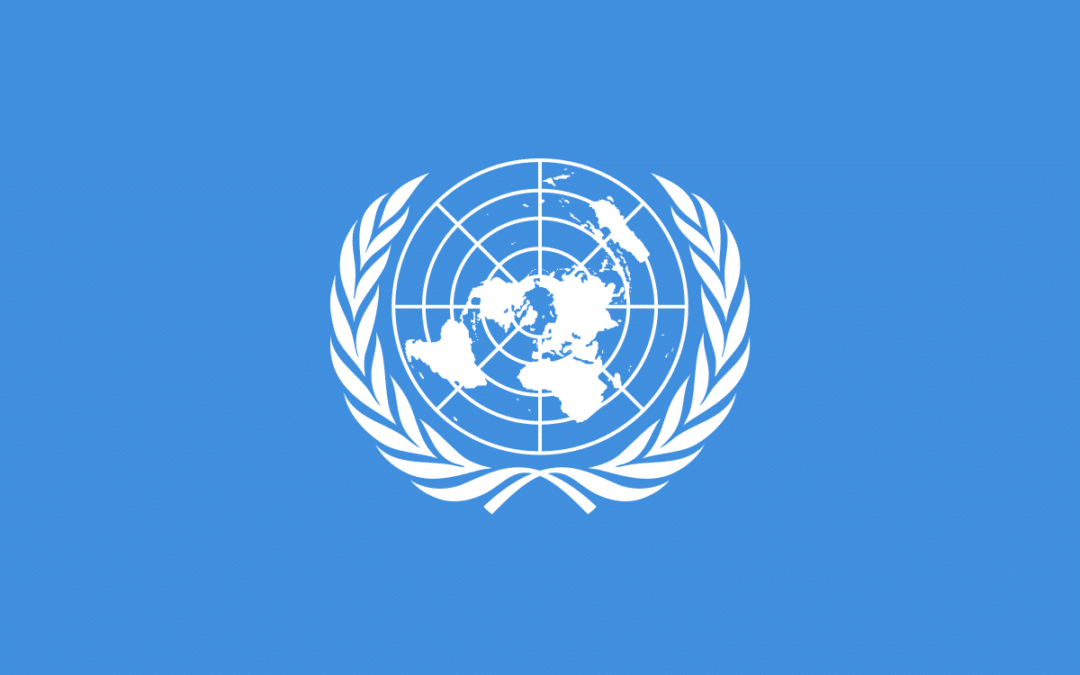
The Werther effect or “Copycat” Suicides
In 1774, Goethe’s novel “The Sorrows of Young Werther” which ends with a young man’s suicide was published. Quite a number of young readers imitated Werther, the book’s hero, to the point that the rise in suicide rates was a direct cause for having this book banned in many countries. Two hundred years later, in 1974, the American sociologist, David Philipps, confirmed the phenomenon of “The Werther effect”, which is regularly demonstrated following the suicide of well-known figures.
In 1987, following the suicide of the singer Dalida, there was almost a 25% increase in suicides among 45-59-year-old women. The same phenomenon was also noted after the deaths of former Prime Minister Pierre Bérégovoy (1992), and singer Kurt Cobain (1994). In the weeks that followed each event, many people of the same age group, and often of the same sex, ended their lives, which corroborated a causal link between the celebrity’s suicide and their act. It is as if the celebrity’s act had broken the thread of life that kept these people holding on to life, giving them the “courage” or impetus to act. On the other hand, if the suicide is reported in a negative manner, the “copycat” effect has been found to be tempered or absent. Much to their dismay, many school and university leaders have sensed the contagious nature of youth suicides and observed the tragic consequences. Those who support the grieving friends of the deceased, fear that “copycat suicides” may occur. Therefore, the specialists in suicide prevention insist that suicide should never be presented in a positive manner, nor as a solution to suffering and despair, even less as a courageous act.
In 2014, Philippe Pozzo di Borgo, Tugdual Derville and Professor Jean-Louis Terra – a psychiatrist and specialist in suicide prevention also explained that it is difficult to distinguish between a suicidal crisis and a request for euthanasia. An extract from their article published in Le Figaro:
Assisted suicide? The very idea is an oxymoron by combining two contradictory words. It calls into question the legitimacy and purpose of suicide prevention teams. It discourages and demobilizes those who work out of solidarity against this scourge, which particularly affects those elderly people who are the most isolated. Every single act of suicide, without exception, is a failure. It is particularly brutal for loved ones, but also for society as a whole.
How would society determine what category of the population is “fit or eligible for suicide”? According to age, disability, disease? Just when the National Suicide Observatory has submitted its’ first report on the mobilization against physical and psychological suffering to the Health Minister, we must not be deterred by ambiguity at the highest levels of government. Our country prides itself on having a suicide prevention policy that doesn’t exclude any category of citizens. This policy is focused on the “suicidal crisis”, on trying to detect that high-risk moment where despair threatens to irremediably push one over the edge. It is not easy to differentiate a case of suicidal crisis from a request for euthanasia. In the first case, there is moral pain and suffering, but the physical body is often unaffected. On the contrary, those who request euthanasia have lost hope because their body is worn-out by disease. Indeed, in severe physical ailments, the “psyche” and the “soma” are intertwined to the point that genuine depression is not easy to detect. »
Most of the time, the phase of the “suicidal crisis” may go unnoticed. The thing that helps people hold on to life is the prohibition to take one’s life, a message always conveyed by society, namely because society tries to rescue and prevent suicide: no one’s life should be considered vain, worthless or without meaning. Repressing any incentive to suicide carries the same meaning. In 1982, the publisher Alain Moreau caused a scandal when “Suicide: Mode d’Emploi” was printed, with its recipes for poisons “not to be missed”. Sales of the book thrived due to the controversy, and a hundred thousand copies were sold before the book was banned 9 months later.
On September 13, 2022, the “CCNE” (French National Consultative Ethics Committee) issued its recommendation N° 139, in which its ethical objections for “active assistance in dying” were repealed. The definition principally includes “assisted suicide”, but doesn’t rule out euthanasia, all under the guise of equality, for those who no longer have the physical capacity to self-administer lethal products. In the same recommendation, Appendix 6, entitled “The Semantics of Suicide”, discusses whether the word suicide should be replaced by an acronym (such as ‘SMA’ for Suicide, Medically Assisted) to distinguish it from suicide, which is considered pejorative. This latest note ends by advocating that the word suicide be kept. The reason for that is: “The neutrality of the term suicide, which is undoubtedly its’ most problematic aspect, should be established in order to focus more on the true points of debate, on what it designates, and less on what preconceptions are sometimes unconsciously associated with it.”
The idea of trying to confer “neutrality” to the word suicide, definitely ignores the Werther effect.


![[Press Release] – The Ethics Committee’s Blatant Contradiction on Palliative Care, Assisted Suicide and Euthanasia](https://www.alliancevita.org/wp-content/uploads/2022/04/FA-header-CCNE-1080x675.jpg)

![[Press Release] – Calling for Insurance Companies, to Consider Their Duty of Discretion Rather than Pushing Euthanasia](https://www.alliancevita.org/wp-content/uploads/2015/03/fin-de-vie-e1662995007405.png)